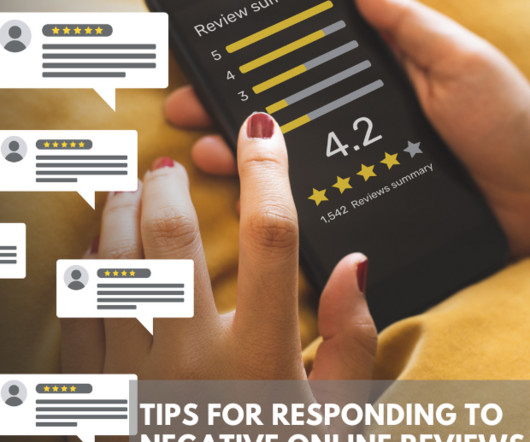Privacy Policy
wiredPRworks
AUGUST 5, 2017
To improve customer service. your information helps us to more effectively respond to your customer service requests and support needs). ; We may also release your information when we believe release is appropriate to comply with the law, enforce our site policies, or protect ours or others rights, property, or safety.












Let's personalize your content